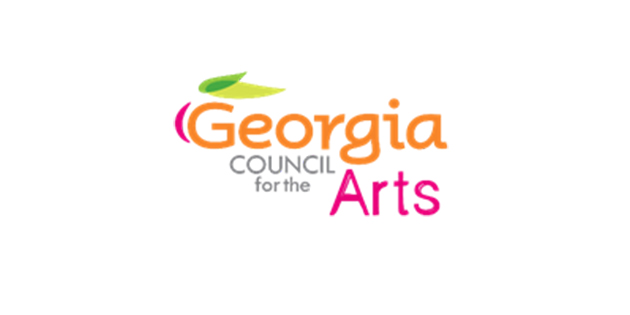
ATLANTA – The Georgia Council for the Arts Awards announces grant funding to 87 organizations to support programs and facilities in 59 counties.
Release:
Georgia Council for the Arts, a strategic arm of the Georgia Department of Economic Development announced the recipients of fiscal year 2024 Vibrant Communities and Cultural Facilities grant awards. The Vibrant Communities grant supports a variety of arts programming opportunities throughout the state, and the Cultural Facilities grant supports capital improvements to or construction of buildings to be used for arts programming.
As part of this year’s awards, 87 entities in 59 counties will receive more than $1.45 million in funding. For a complete list of recipients of fiscal year 2024 Vibrant Communities and Cultural Facilities grants, click here.
“Arts and culture are the heart and soul of Georgia and play a significant role in the strength of our economy and the vibrancy of our communities. Georgia’s arts organizations bring visitors to our downtowns, expand educational opportunities, and create experiences that feed the soul and inspire the mind. Located in every corner of the state, arts organizations enhance quality of life for all Georgians,” said Georgia Department of Economic Development Commissioner Pat Wilson. “The grants announced by Georgia Council for the Arts today will help these organizations preserve and restore facilities and bolster the impactful work of arts programming.”
Georgia Council for the Arts received applications from schools, libraries, museums, cities, historical societies, community theatres, dance companies, Boys & Girls Clubs, and multi-disciplinary arts and other related organizations. In an effort to support projects across the state, Vibrant Communities grants were awarded to entities in counties in which no organization had already received Georgia Council for the Arts funding for the fiscal year 2024 grants cycle. Cultural Facilities grants are available to arts organizations for repairing, preserving, renovating, constructing, or acquiring an arts facility, or for purchasing equipment.
“The need for arts funding is greater than it has ever been, and these grants will allow Georgia arts organizations to focus on their mission, enhance downtowns, and support small businesses,” said Georgia Council for the Arts Director Tina Lilly. “We’re grateful for the support that the Georgia General Assembly is providing for our arts organizations and the communities they touch.”
Georgia Council for the Arts (GCA) uses Peer Review Panels to judge and review Cultural Facilities grant applications following standard practices set by the National Endowment for the Arts. Panelists are GCA Council members and fellow professionals who are experienced in the arts discipline or type of grant being reviewed, or are citizens with a record of arts activities, experience, and knowledge.
Funding for these grants is provided through appropriations from the Georgia General Assembly. This year, Cultural Facilities grant awards are also supported by funding from the American Rescue Plan (ARP).
According to the U.S. Bureau of Economic Analysis, creative industries in Georgia account for $29.2 billion in the state, totaling 4.2% of Georgia’s economy, and accounting for more than 149,000 jobs.
About Georgia Council for the Arts
Georgia Council for the Arts (GCA) is a division of the Georgia Department of Economic Development whose mission is to cultivate the growth of vibrant, thriving Georgia communities through the arts. GCA provides grant funding, programs, and services statewide that support the vital arts industry, preserve the state’s cultural heritage, increase tourism, and nurture strong communities. Funding for Georgia Council for the Arts is provided by appropriations from the Georgia General Assembly and the National Endowment for the Arts. Visit gaarts.org for more information.
About GDEcD
The Georgia Department of Economic Development (GDEcD) is the state’s sales and marketing arm, the lead agency for attracting new business investment, encouraging the expansion of existing industry and small businesses, align workforce education and training with in-demand jobs, locating new markets for Georgia products, attracting tourists to Georgia, and promoting the state as a destination for arts and location for film, music and digital entertainment projects, as well as planning and mobilizing state resources for economic development. Visit georgia.org for more information.
